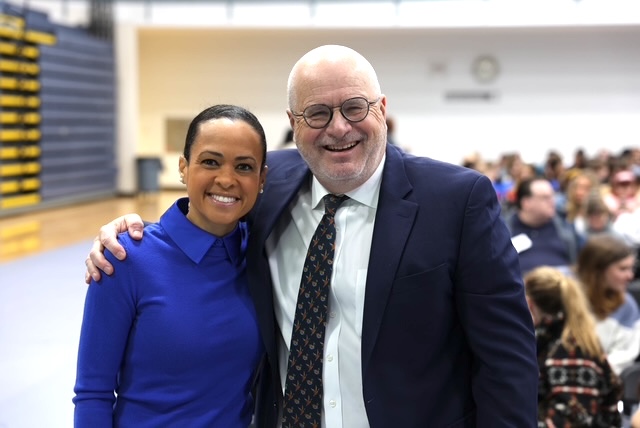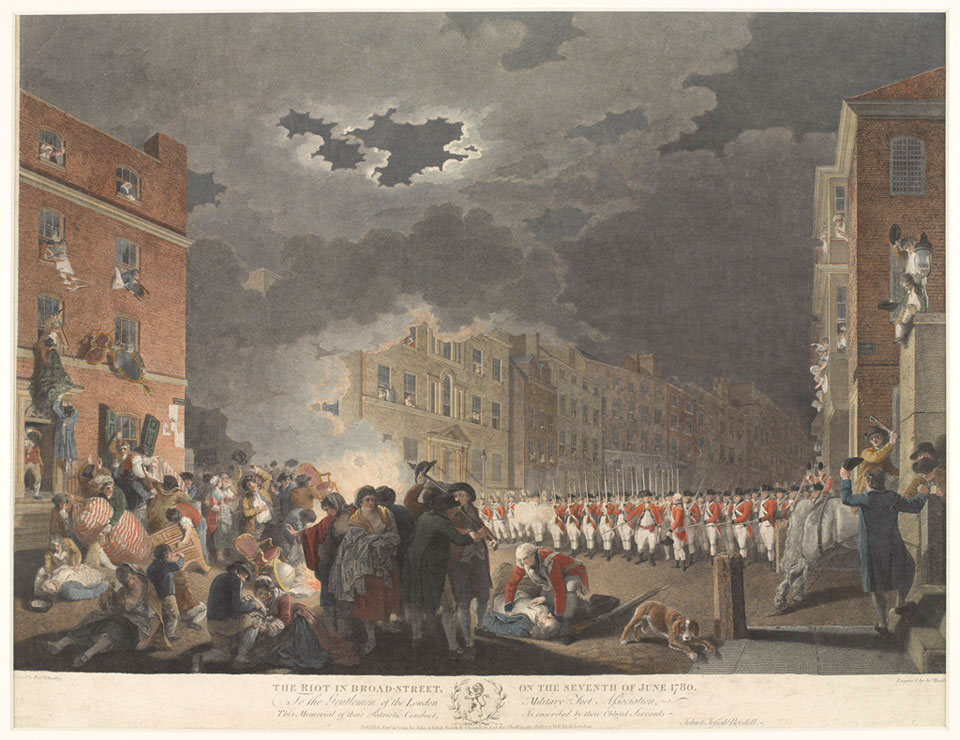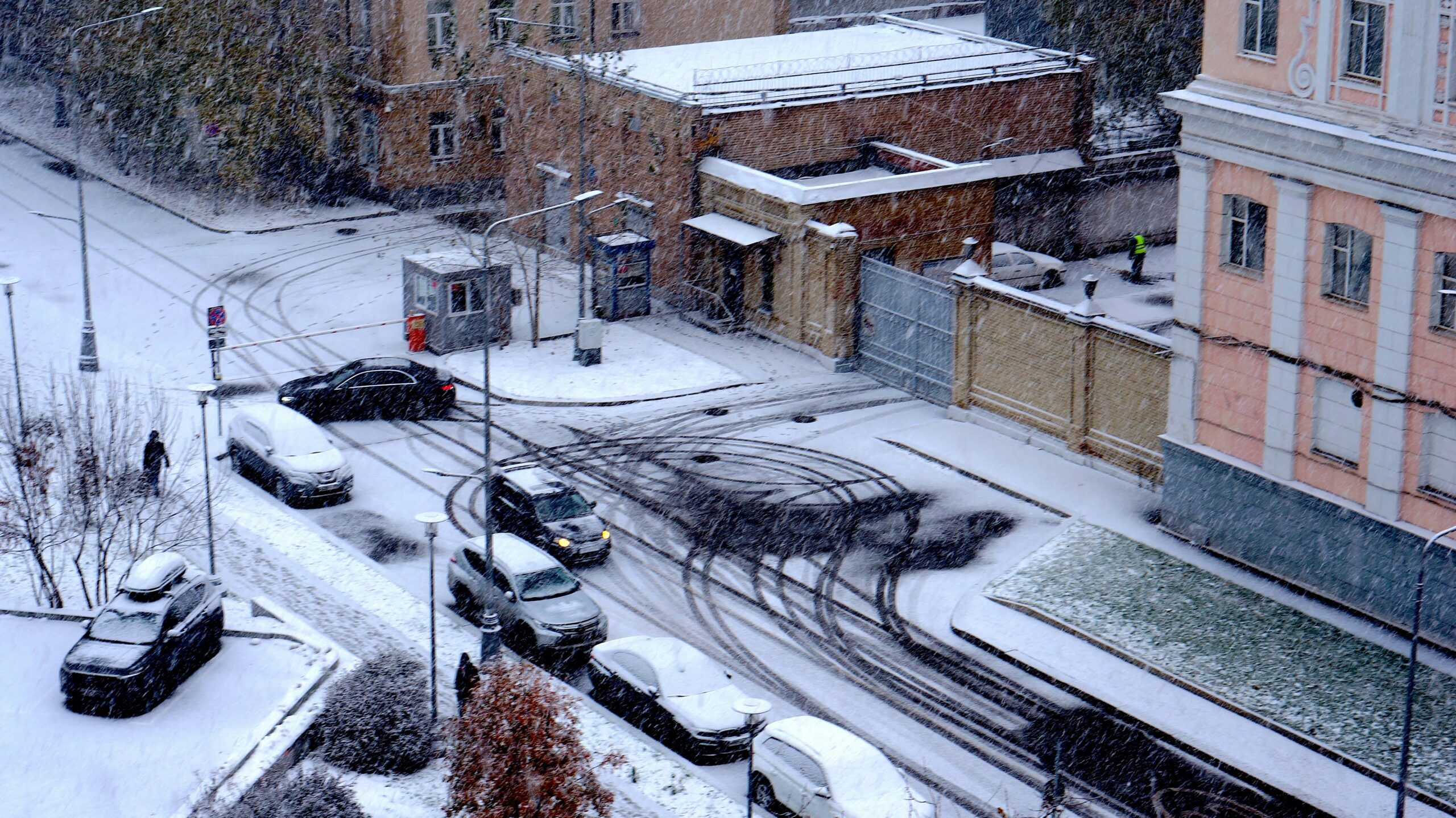Language Can Stop Us from Loving the World
January 9, 2025

A quarter-century ago, Wendell Berry suggested that if we aim to rescue our planet, “we are using the wrong language.” Our terms are scientific, expert, analytical—but also cold, and often vague. “As a result we have a lot of genuinely concerned people calling upon us to ‘save’ a world which their language simultaneously reduces to an assemblage of perfectly featureless and dispirited ‘ecosystems,’ ‘organisms,’ ‘environments,’ ‘mechanisms,’ and the like,” he wrote. “It is impossible to prefigure the salvation of the world in the same language by which the world has been dismembered and defaced.”
More recently, Berry called out “sustainability” as “useless.” Yet, he conceded, we need the word. Our language is poverty-stricken when it comes to such ideas. Still, “we had better be a little humble about it, because we Americans have not sustained anything for very long.”
Those who shape our language—whether scientists, activists, or corporate defenders—do not listen to farmers who are poets. Which is why we now speak of the climate’s wild fluctuations and violent storms as “weather events.” “Climate attribution science”—what is it? Anything that at least makes an effort, sopping up our guilt, is “green.” As for “natural,” it means nothing; any possible content has been sucked from the word by general overuse and deceptions requiring camouflage.
“Biodiversity loss” is far too coolly conceptual to conjure the vanishing of the golden toad (actually, bright orange, with fabulous, bulgy green eyes); the Pinta giant tortoise (gone with the death of Lonesome George); the Chinese paddlefish (which was one of the largest freshwater fish species in the world); the tiny, bright red splendid poison frog; the po-ouli (aka the black-faced honeycreeper, a sweet, stocky little Hawaiian bird); the Spix’s macaw (a small parrot with crazy-bright indigo wings that was overtrapped for the pet trade); and the Alagoas foliage-cleaner (a Brazilian passerine bird who loved tangled vines and orchids). Not to mention the possible disappearance of the Baiji white dolphin, the ivory-billed woodpecker, and the slender-billed curlew, and the imminent danger to the Amur leopard, the Tapanuli orangutan, the Yangtze finless porpoise, and the Sumatran rhino.
Biodiversity loss, indeed.
“Deforestation,” meanwhile, sounds like a clinical process, not the stripping and degradation of old-growth woods. “Sea ice melt” sounds like a sno-cone flavor. “Carbon neutral” confuses me. “Climate refugees” will only raise the hackles of anyone opposed to any sort of immigration. “Environmental racism” could mean so many different things. And “greenhouse gases” sound almost pleasant; I picture a glassed-in plant nursery and a sunny swirl of breezes above the petunia four-packs.
“Eco-anxiety” and “range anxiety” belong in the DSM-V, not our everyday language. “Toxic,” which used to mean specifically, chemically poisonous, can now refer to a manipulative lover, a mean-spirited family member, a workplace ill-suited to one’s temperament, a lousy investment, the political climate, or masculinity writ large.
Then come the acronyms. DDT and TNT were fairly easy to absorb (physically as well as semantically, alas). But it is tough for a consumer to take arms against the insidious and omnipresent PCBs, PBDEs, PVC, PAHs, PFAS, PFOS, and PFOA.
So we shrug and give up.
The language is getting better, though. “Rewilding” is evocative and exciting, if slightly scary. “Rain bomb” is an apt name for a wind-and-rain storm that can flash a flood. An old Alpine German word, Ausgeapert, has been resurrected to name bodies or ancient artefacts exposed by melting ice—and now, the consequences of the glaciers’ retreat. “Weather whiplash” is a visceral description of the wacky new fluctuations—temperatures plummeting or soaring in a day; rain deluges after long droughts. It is easy to imagine “microplastics” invading one’s body, foodstuffs, bedsheets. “Climate crisis” carries a stronger punch than climate change.
And Earth itself? Calling it “our planet” is presumptuous—plus, that sense of ownership was what caused all the problems in the first place. “Mother Earth” is sexist. But surely marketers could do better than a name we only hear as synonymous with dirt? “Earth” should have kept us grounded. The Japanese and Chinese characters for the word symbolize harmony between humans and nature. We in the West lost the nuance.
What we are really talking about, when we toy with our words, is how to clarify and motivate. To take good care of the world, Berry once said, “we have to know it. And to know it and to be willing to take care of it, we have to love it.” But how are we to fall in love, when much of our language shirks specificity on purpose, either to avoid responsibility or to keep the crowd calm? Tinder ads do a better job! Even when the language is not euphemism, it has a bland scientific neutrality that no doubt feels comfortable to those who do the science, but does nothing to convey urgency or arouse affection.
The impossible trick is to alarm people without scaring them; to be honest about what we are losing without depressing ourselves into paralysis; to explain what is happening, and at what daunting speed and scale, without implying hopelessness. As any good poet knows, the way you make people fall in love with the bit of reality you have chosen is by describing its particularity. As any activist knows, the way to galvanize people is by showing them they are needed and then telling them what they can do. The issues are inextricable from our daily lives. “I can’t think about climate change and look away from the ruining land and the ruining communities and the ruining towns and the ruining lives that are around me,” Berry told a sold-out crowd at Johns Hopkins University.
Now ninety years old, he continues to warn us about muddled language—and about leaning too hard on guilt, anger, and fear. Those narratives drive people back into their hobbit holes. Finding meaningful work that they love and building strong community ties could reconnect them to their larger home. In his perhaps best-loved poem, Berry wrote of “the peace of wild things who do not tax their lives with forethought of grief.” We complicated creatures need that peace, too.
But we cannot hibernate.
It makes solid economic sense “to protect everything worth protecting, to stop permanent damage to everything that’s worth keeping,” Berry pointed out. But that kind of cherishing—that specific, engaged, informed awareness—has to be instilled. It will require “people who are not ashamed to say that they love something, or that they have reverence; who are not ashamed of the upper branches of our language.”
Though the vocabulary of science and technology is useful, it does not engender love. For that, we need a Bengali phrase: kalo theke aalo. Used to refer to a transition toward renewable energy, its literal meaning is “from darkness to hope.”
Read more by Jeannette Cooperman here.






